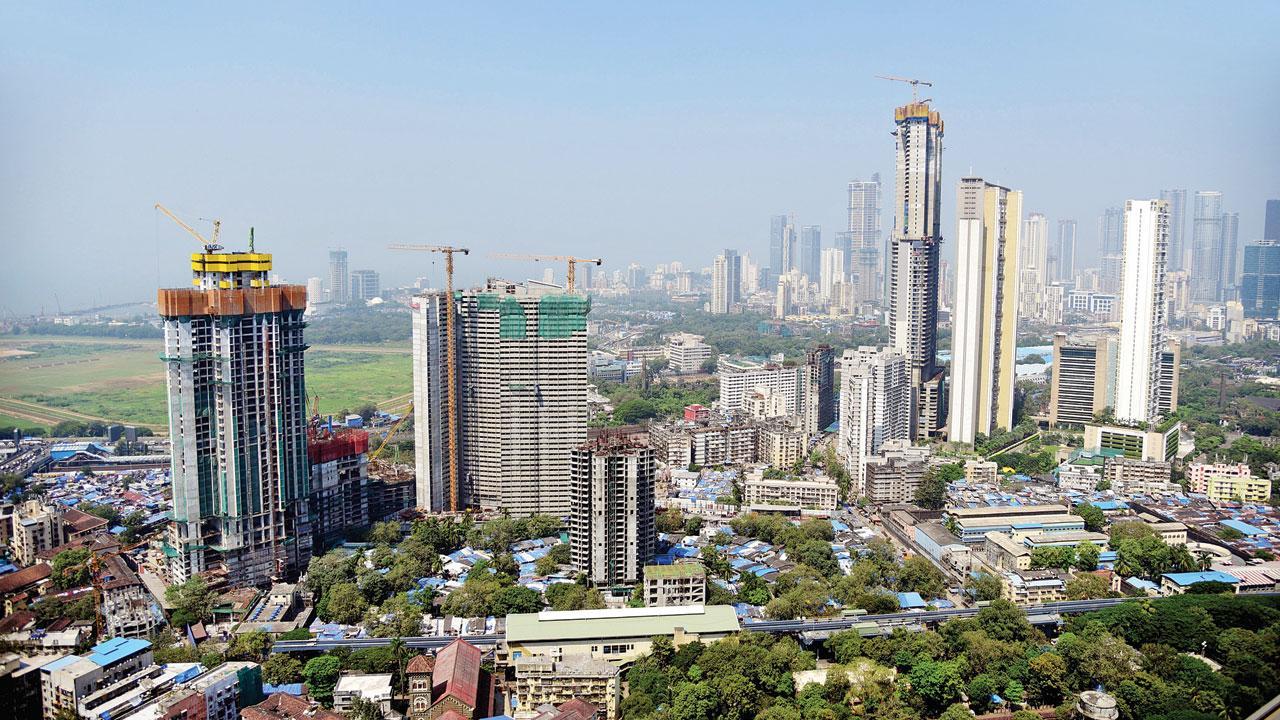Home / Mumbai / Mumbai News / Article /
RERA forum asked to resolve cases in 60 days, but can it?
Updated On: 14 November, 2021 07:40 AM IST | Mumbai | Vinod Kumar Menon
While welcoming new circular, experts express concern about 5,459 cases pending before body

This picture has been used for representational purpose
MahaRERA, with an intent to strengthen the conciliation and dispute resolution forum, has come out with a fresh circular, dated November 8, stating that the complaints need to be addressed and resolved within 60 days’ time period, with an extension of another 30 days. The forum was formed with an objective to facilitate resolution of disputes harmoniously, thereby saving cost and time of litigation to parties and the state.
While the move has been welcomed by RERA experts, many are concerned about the over 5,400-plus pending cases, and the number is only increasing. Chartered Accountant and RERA expert Ramesh Prabhu feels that MahaRERA has definitely given the conciliation forum more teeth. “But, it is time that they set up a system by which pending cases are resolved too.” As of today, the pending cases before MahaRERA are 5,459 as against 83 cases that are before the conciliation forum, said Prabhu.



